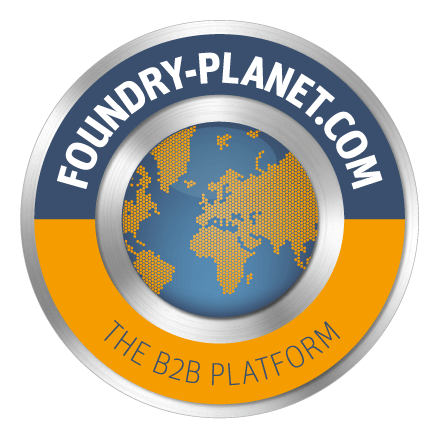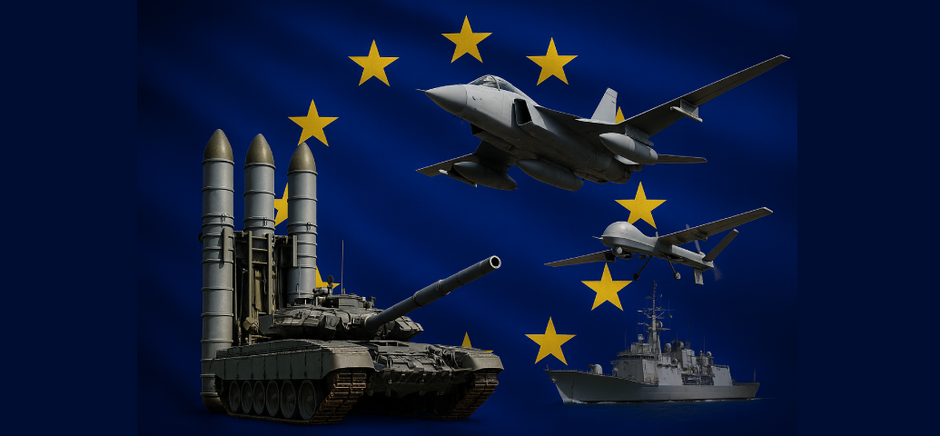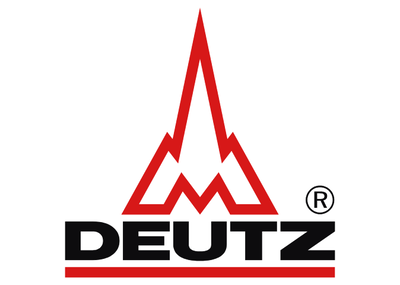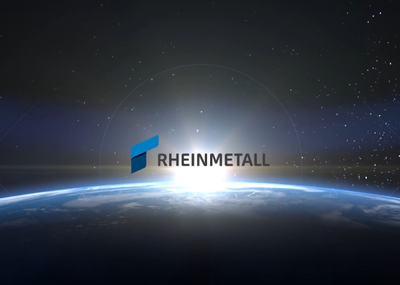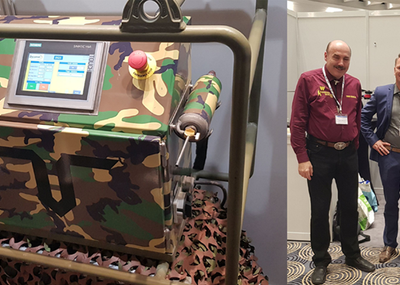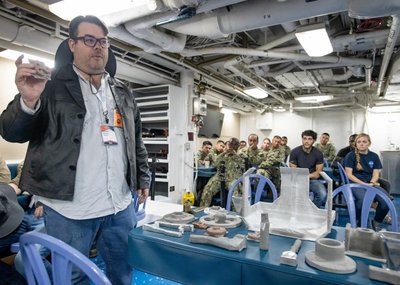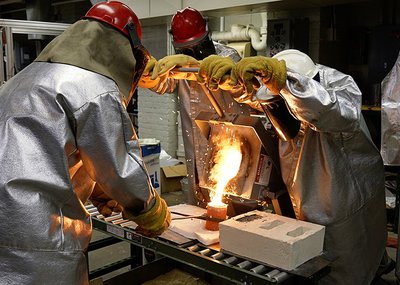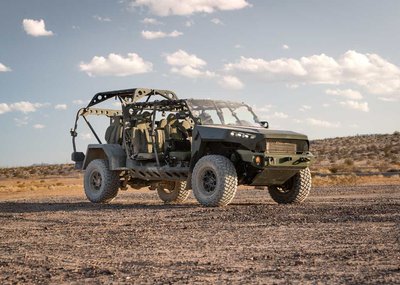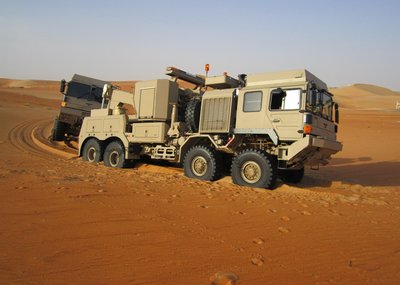The European foundry industry is currently under considerable pressure. Several factors are weighing heavily on the sector: the transformation towards climate-neutral production, the crisis in the automotive industry caused by high energy prices, restrictive EU regulations, geopolitical tensions, profound shifts in global markets, increasing competition from China, and overall social uncertainty leading to restrained investments.
To compensate for the decline in traditional markets – particularly automotive – many foundries are turning to new fields of application. Global conflicts and geopolitical tensions are driving massive investments in defense, armaments, and aerospace programs. In many EU countries, significant funding is available – the key now is rapid action and the implementation of new production strategies.
In which areas are cast products particularly in demand?
The answers lie in the specific material properties and manufacturing processes:
1. Steel Casting
Relevance: Very high
Typical applications: Armored and tracked vehicles (road wheels, gear housings, drive wheels, undercarriage components), gun barrels, gun carriages, breech blocks, as well as heavily loaded structural parts in ships and submarines.
Advantages: Exceptional strength and toughness, resistance to wear and impact, and good weldability.
2. Investment Casting / Precision Casting
Relevance: High
Typical applications: Turbine blades for aircraft and helicopters (nickel-based superalloys), precision parts for missiles, drones, and guided weapons, as well as components for optical and electronic housings.
Advantages: Outstanding dimensional accuracy, fine geometries, excellent surface finish, and the ability to process highly complex and heat-resistant alloys.
3. Cast Iron
Relevance: Medium to high – especially for ground vehicles
Typical applications: Engine blocks, gear housings, steering knuckles, brake discs and drums for armored vehicles and trucks, as well as ballast and counterweights for mobile systems.
Advantages: Cost-efficient production, excellent wear resistance, and very good vibration damping.
4. Light Metal Casting (Aluminum, Magnesium, Titanium)
Relevance: Very high in aerospace, increasing in land vehicles
Typical applications: Structural components for aircraft, helicopters, and drones, housings and carriers for radar and weapon systems, and titanium precision castings for highly stressed aircraft or naval applications.
Advantages: Low weight combined with high strength, corrosion resistance (critical for naval and air force use), and improved fuel efficiency.
Without casting, there is no security or defense
- Steel casting is indispensable for tanks, artillery, and naval vessels where extreme loads and protection are required.
- Investment casting ensures precision in aerospace, missile, and drone technology.
- Cast iron remains essential for engines, undercarriages, and heavy-duty vehicle components.
- Light metal casting is a key technology for modern aerospace and lightweight vehicle concepts.
European foundries should reassess their future perspectives in line with their capacities and process technologies. Awareness of their relevance, targeted adaptation, and proactive engagement will be crucial. By leveraging their expertise and capabilities, foundries can secure their industrial role and make a tangible contribution to both economic resilience and national defense.
